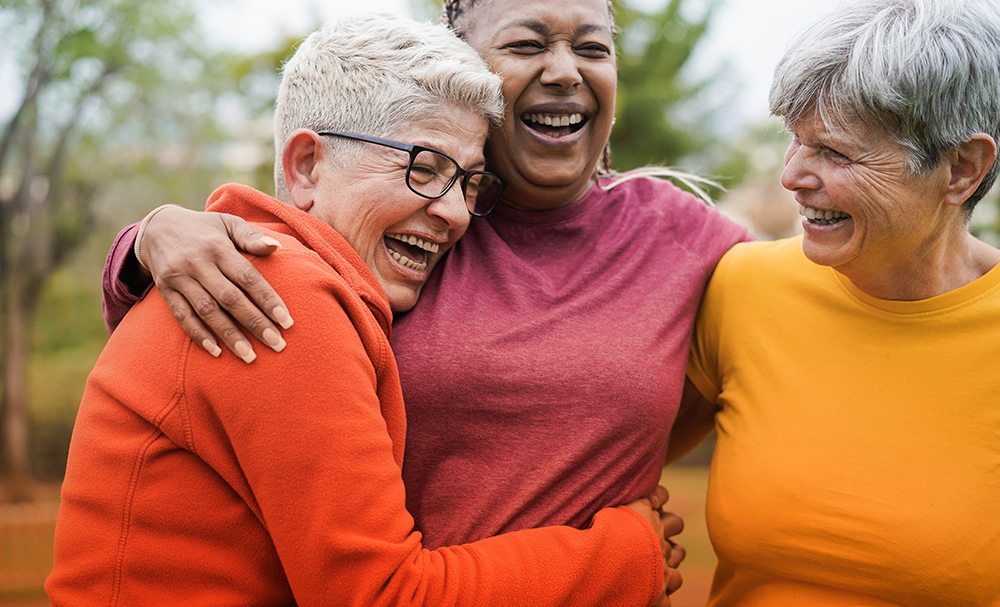Issue 94: Improving Your Memory

THE LEAP
BY QUANTUM ORANGE
GROW, EXPAND & EVOLVE
ISSUE 94 | IMPROVING YOUR MEMORY
Each week The (Quantum) Leap summarises a key aspect of success into what you need to Think, Feel and Do to create a personal shift.
THINK
Most of us experience a lapse in memory at least once a day. We forget where we put car keys, our phone or the TV remote. It’s frustrating: to begin with simply because it’s annoying, but mostly, because it feels like we aren’t in control.
Memory that’s functioning well allows us to better cultivate relationships, retain useful information, learn new skills and even delays the impact of ageing.
There are many things that improve memory - here’s a few we’ve found most effective:
Repetition
There’s no way around it - repetition is one of the best ways to implant something in the brain. We retain information better when it’s familiar, so the more we study something, the better the brain will store it.
Be Present
Many of us find ourselves so busy that we aren’t really paying attention to what is happening now, because we are mentally preparing for whatever comes next. Slow down and stay present in the moment – you’ll remember a lot more.
Decrease Stress
Stress weakens the parts of the brain associated with storing new memories and recalling old ones. Meditate or practise mindfulness regularly to keep your stress levels in check and your memory will thank you.
Sleep Well
The myriad benefits of quality sleep are well documented. Among them is the rest your brain needs to process new memories and information so they’re more easily accessed later. Make sure you’re getting plenty of high quality sleep.
FEEL
When it comes to memory, emotions are very important. In short, we remember things that matter to us, things that are meaningful.
Emotions play a vital role in the processes our brains use to create memories. The way we respond to (feel about) a particular situation can affect not only how well we commit that event to memory, but also how well we remember it later.
Emotional events are much easier to make memories of and later recall, because they activate the amygdala and hippocampus at the same time. This helps the memories get stored effectively, which in turn makes them feel like stronger memories when we revisit them down the track.
Emotions can also blur our recollection of events, if they’re negative or the situation has felt threatening.
The good news is you can deliberately harness your emotions to strengthen your memory.
A recent study asked older adults to deliberately recall memories that made them feel grateful, forgiving, or amused. Those who completed the exercises were able to recall a greater number of specific, positive memories from their life than those who did not.
If you’ve ever kept a gratitude journal, you are already halfway through completing that type of exercise - so perhaps it is time to get it back out!
DO
Study after study has shown physical activity both increases cognitive function and decreases the risk of memory loss over time.
According to Harvard Medical School, the brains of people who exercise regularly shrink less with age than those of sedentary people and their white matter stays healthier. Exercising three (or more) times per week has been associated with a 40-50% lower risk of diagnosis with dementia. One study even noted that adults with a high fitness level were 88% less likely to develop dementia, and that high fitness appears to delay the onset of dementia by 11 years.
Which means there’s nothing left for you to do but get on with it…
Swim. Bike. Walk.
Join a fitness class. Run. Play tennis.
Climb mountains.
Dance.
Just do it often.
The three times in my week I will ensure I am physically active are…………..
Two new types of exercise I will try…………




